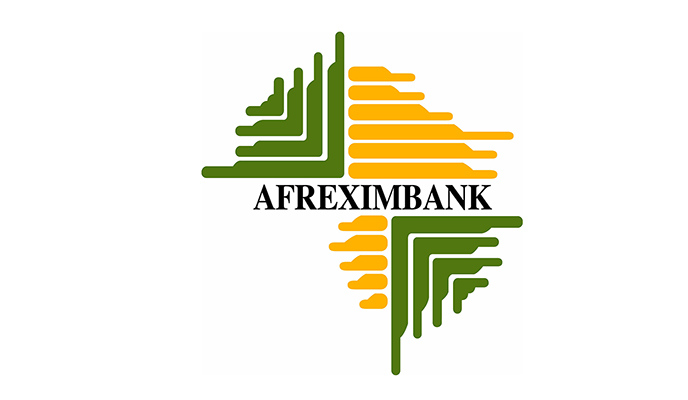
THE African Export Import Bank (Afreximbank) has released $150 million to the Reserve Bank of Zimbabwe (RBZ), to stabilise nostro accounts and deal with current delays in the processing of outgoing payments by banks.
BY VICTORIA MTOMBA
Speaking at the Zimbabwe National Chamber of Commerce breakfast meeting yesterday, RBZ governor John Mangudya said the $150m was part of the initial tranche of $215 million that the central bank would get.
In total, the nostro stabilisation facilities will be $545m.
“We secured $150m from Afreximbank at 7% interest rate, which came this week on Monday to stabilise the banking sector,” he said.
A nostro account is a bank account held in a foreign bank and is usually denominated in the currency of that country.
Currently, the nostro position of the banking sector is $250m and cannot support the real time gross settlement position of $1 billion, which required around $450m, Mangudya said last month.
The central bank boss said the money would be drawn down as it comes.
- Chamisa under fire over US$120K donation
- Mavhunga puts DeMbare into Chibuku quarterfinals
- Pension funds bet on Cabora Bassa oilfields
- Councils defy govt fire tender directive
Keep Reading
In his mid-term monetary policy statement last month, Mangudya said the bank had secured facilities of $215m from international institutions and was at an advanced stage to raise $330m.
He said RBZ would import smaller denomination notes, as high value notes were prone to money-laundering.
“We shall also import more $10 and $20 notes because $100 notes were being taken out of the country,” he said.
The banking sector has been awash with smaller notes such as $2, $5, $10 and $20 for some time and $50 and $100 notes have all but disappeared.
Zimbabwe owes Afreximbank over $1bn in loans and the country is a major shareholder in the bank.
Mangudya said banks were supposed to arrange such facilities for their clients, but they had limited access to foreign finance due to the country’s high risk premium.











